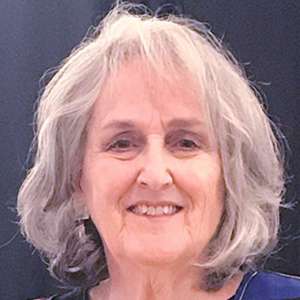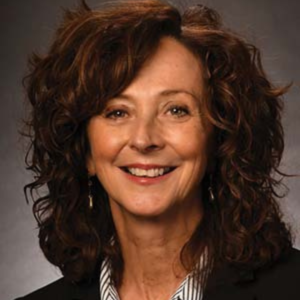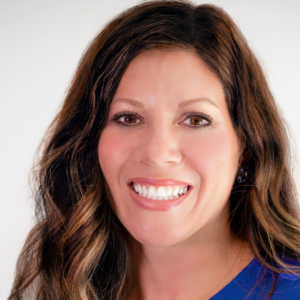Preconference Workshops — Saturday, January 27, 2024
Separate registration is required for each Preconference Workshop. Workshops start at 9:00 am and 1:00 pm, ET. You may only register for one workshop during each time slot.
Analysis: The A in A+ Teacher
Jan Richardson & Maryann McBride
9:00 am – 12:00 pm
This session will focus on deeper analysis of observations as well as other tools used to monitor children’s progress in reading, writing, phonics, and spelling. Then we will discuss how this can lead to intentional and focused instructional decisions that will result in better student outcomes.
Record Now – Teach Later: Using Running Records
Allyson Matczuk & Jennifer Flight
9:00 am – 12:00 pm
In this session, we will explore the analysis of running records of continuous text reading to guide teaching on the spot and thinking ahead to the next lesson. Active participation and discussion will help participants clarify their thinking and adjust assumptions as we uncover children’s idiosyncratic processing. Participants are encouraged to bring An Observation Survey of Early Literacy Achievement and Literacy Lessons Designed for Individuals.
Elevate: Take Your Coaching to New Heights
Sherry Kinzel
9:00 am – 12:00 pm
It’s time to elevate your coaching practice! This coaching workshop is designed to equip you to be an agent of change in your school by addressing the most common concerns of coaches: 1) What do I do when the coaching conversations seem to go well but nothing changes in the classroom instruction? 2) How do I get veteran teachers who are content with the status quo to really engage in coaching? 3) How do I coach “resistant” teachers? Sherry will share content that will enable us to elevate our mindsets about our roles as coaches, elevate our emotional intelligence when working with adult learners, and elevate our coaching language to lift a teacher’s thinking and generate productive reflection while building healthy relationships. Come prepared to engage in thoughtful discussions, share your experiences, role play with provided content, and raise yourself to new levels in your coaching.
The Power of Language in Literacy Teaching and Learning
Mary Fried & Leslie McBane
1:00 – 4:00 pm
Clay (2016) LLDI p.9 clearly states: ‘I am encouraging teachers to understand that learning in one language area enriches the potential for learning in other areas.’ Clay also states that if teachers ‘link oral language and literacy learning from the start, instruction will be more powerful’. In this in-depth session we will explore both the teacher’s language and the child’s responding when language is an issue. We will observe, analyze, and discuss lesson segment videos as Reading Recovery teachers and children work together to expand oral language and achieve accelerated literacy learning.
Session Appropriate for: RR teachers, Teacher Leaders, ESL teachers, Intervention Specialists, and teachers working with small groups of children needing more support for literacy learning in primary grades K,1,2.
Harnessing the Power of Interactive Read Aloud
Lisa Pinkerton
1:00 – 4:00 pm
Interactive Read Aloud (IRA) is one of the most flexible and powerful instructional art forms available to teachers. In addition, IRA plays nicely in the literacy sandbox: the art form works alongside any curriculum. IRA can also be used across content areas, and it’s beneficial for all ages. IRA develops critical and creative thinking; engages students in rich collaborative conversations; and fosters vibrant learning communities. This interactive session will showcase how inquiry-based IRA promotes joy: book joy, teacher joy, and student joy, all while covering a multitude of standards and learning objectives.
Composing, Constructing, and the Cut-Up Sentence
Jamie Lipp
1:00 – 4:00 pm
The writing section of the Reading Recovery lesson consists of three powerful and interrelated components. Explore how these three components work together to create writing opportunities that accelerate student learning.
**If possible, bring a current writing journal from one of your students.


 Mary Fried
Mary Fried Leslie McBane
Leslie McBane Jamie Lipp
Jamie Lipp